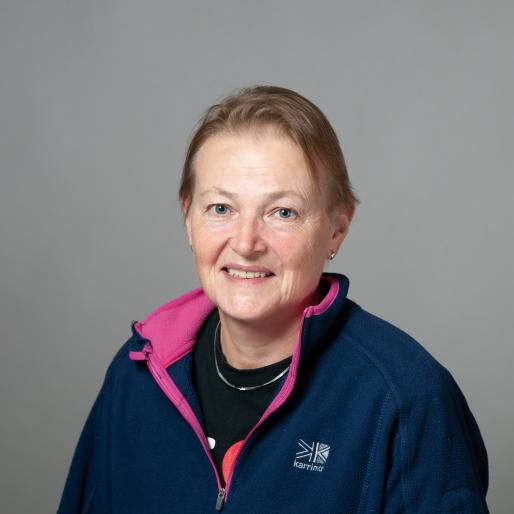The big picture: using wildflower strips for pest control
White bread could soon get a healthy makeover without sacrificing taste or texture, according to new research that tested experimental loaves enriched with dietary fibre.
Rothamsted has successfully exploited genetic differences in wheat varieties to develop lines with naturally higher dietary fibre. However, this can affect how bread looks and tastes so may be a barrier to consumer acceptance.
So, working with food and nutrition specialists at the University of Reading and the Allied Technical Centre as an industry partner, the Rothamsted team developed five new types of white bread designed to improve nutritional value – particularly fibre content – and compared them with a standard commercial loaf. A trained tasting panel assessed 27 different attributes, from crust colour to crumb density, alongside laboratory measurements of moisture, texture and appearance.
The results offer promising insights for bread makers aiming to boost public health without raising costs or compromising quality.
The study found that higher-fibre breads tended to be slightly shorter in height, with darker crusts and larger air pockets in the crumb. They also held more moisture and had a springier texture. However, the sensory panel still rated the prototypes favourably, suggesting that nutritional improvements need not mean a poorer eating experience.
“The results offer promising insights for bread makers aiming to boost public health without raising costs or compromising quality,” said Rothamsted’s Dr Alison Lovegrove. “Increasing fibre intake is a key government nutrition goal, as most adults in the UK fall short of the daily recommended 30g.”
Bread remains a staple in British diets, with around 12 million loaves sold every day. If manufacturers can adapt recipes to improve health benefits while retaining consumer appeal, experts say the gains could be substantial.

Biochemist

Botanist
Rothamsted Research is the longest-running agricultural research institute in the world. We work from gene to field with a proud history of ground-breaking
discoveries in areas as diverse as crop management, statistical interpretation and soil health. Our founders, in 1843, were the pioneers of modern
agriculture, and we are known for our imaginative science and our collaborative approach to developing innovative farm practice.
Through independent research, we make significant contributions to improving agri-food systems in the UK and internationally, with
economic impact estimated to exceed £3 bn in annual contribution to the UK economy. Our strength lies in our systems approach, which combines strategic research,
interdisciplinary teams and multiple partnerships.
Rothamsted is home to three unique National Bioscience Research Infrastructures which are open to researchers from all over the world:
The Long-Term Experiments,
Rothamsted Insect Survey and the
North Wyke Farm Platform.
We are strategically funded by the Biotechnology and Biological Sciences Research Council (BBSRC), with additional support from other national and
international funding streams, and from industry. We are also supported by the Lawes Agricultural Trust (LAT).
The Biotechnology and Biological Sciences Research Council is part of UK Research and Innovation, a non-departmental public body funded by a grant-in-aid
from the UK government.
BBSRC invests to push back the frontiers of biology and deliver a healthy, prosperous and sustainable future. Through our investments, we build and support a vibrant,
dynamic and inclusive community which delivers ground-breaking discoveries and develops bio-based solutions that contribute to tackling global challenges,
such as sustainable food production, climate change, and healthy ageing.
As part of UK Research and Innovation (UKRI), we not only play a pivotal role in fostering connections that enable the UK’s world-class research and innovation system
to flourish – we also have a responsibility to enable the creation of a research culture that is diverse, resilient, and engaged.
BBSRC proudly forges interdisciplinary collaborations where excellent bioscience has a fundamental role. We pioneer approaches that enhance the equality, diversity,
and inclusion of talent by investing in people, infrastructure, technologies, and partnerships on a global scale.
The Lawes Agricultural Trust, established in 1889 by Sir John Bennet Lawes, supports Rothamsted Research’s national and international agricultural science through the provision of land, facilities and funding. LAT, a charitable trust, owns the estates at Harpenden and Broom's Barn, including many of the buildings used by Rothamsted Research. LAT provides an annual research grant to the Director, accommodation for nearly 200 people, and support for fellowships for young scientists from developing countries. LAT also makes capital grants to help modernise facilities at Rothamsted, or invests in new buildings.